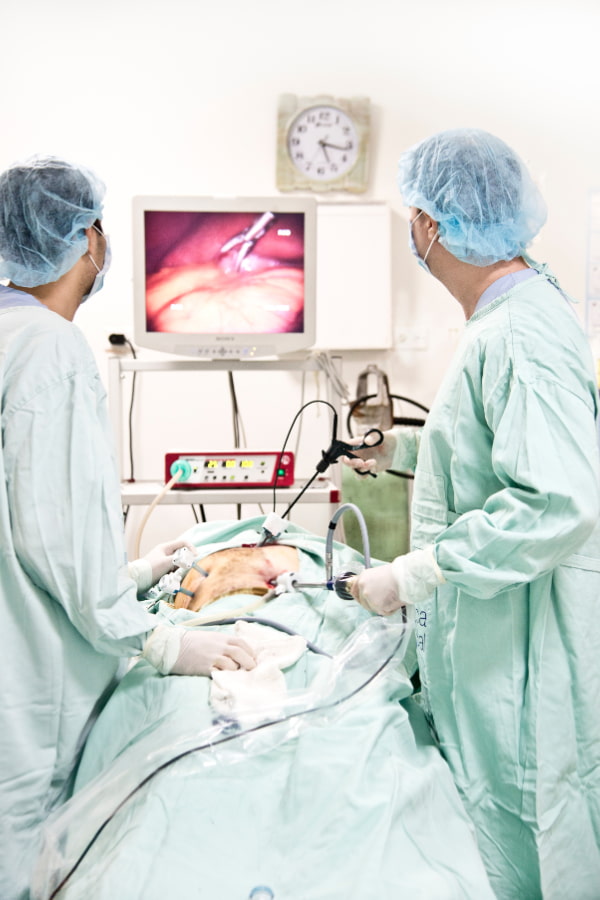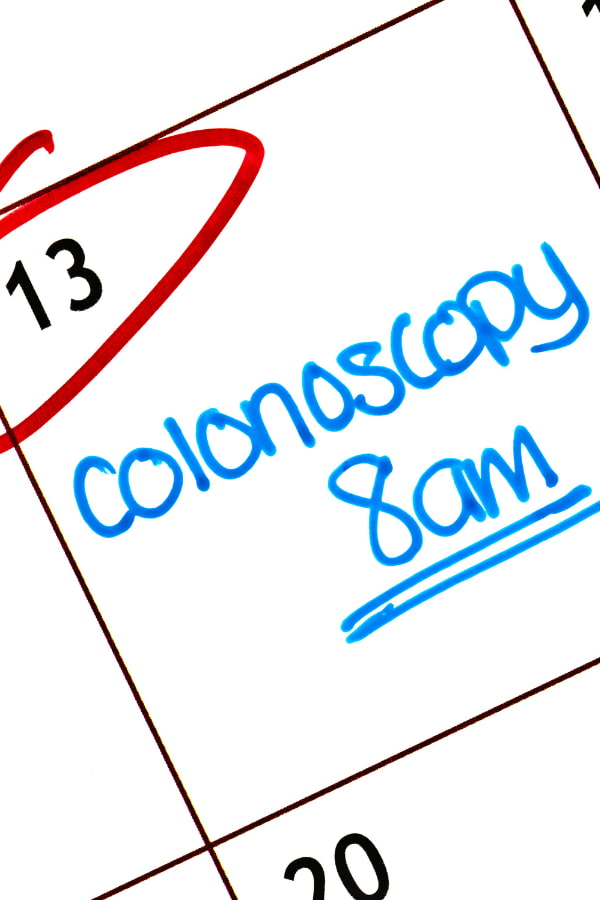Preparing for a colonoscopy can feel daunting, especially if it's your first time. However, with the right guidance and preparation, you can ensure a smooth and effective procedure. At the Digestive Health Clinic, we understand the importance of a thorough prep to ensure the best possible outcomes. This guide is designed to help you understand why preparation is crucial, how to prepare your body, and what to expect before and after your colonoscopy. Our goal is to provide you with the information you need to approach your colonoscopy with confidence, knowing you're in capable hands.
Why is Colonoscopy Prep Needed?
Following the proper protocols while preparing for your colonoscopy ensures a clear view of the colon's lining during the procedure. A clean colon allows your gastroenterologist to detect any abnormalities, such as polyps, which are small growths that have the potential to become cancerous. It also enables the doctor to identify any signs of inflammation, swelling, or sores within the intestinal wall. Proper preparation is critical for the accuracy of the colonoscopy, making it possible to diagnose issues early and accurately, and provide the most effective treatment.

How Do I Prepare My Body for a Colonoscopy?
Preparing your body for a colonoscopy is crucial for a successful examination. Here's a comprehensive guide to ensure you're fully prepared:
Clear liquid diet specifics for a colonoscopy:
- Begin fasting the day before your procedure. Only clear liquids are allowed. This includes water, clear broths, tea, and coffee without milk or creamer.
- Acceptable liquids include clear juices without pulp (apple or white grape), clear soft drinks, and gelatin without fruit pieces.
- Avoid any red, purple, or orange colored liquids as they can mimic blood or inflammation in the colon.
Medication adjustments for a colonoscopy:
- Anticoagulation and antiplatelet medications: Your doctor may ask you to pause these medications to reduce the risk of bleeding.
- Diabetes management: If you use insulin, your doctor will provide specific instructions to adjust your dose.
- Heart conditions: For those with heart valve disease or a heart valve replacement, follow your doctor's tailored advice.
- Avoid multivitamins and iron supplements: These can interfere with the visibility during the colonoscopy.
Following these steps carefully will help ensure that your colon is clean and ready for a thorough examination, allowing your doctor to get the clearest view possible.

What Can I Expect After a Colonoscopy?
After a colonoscopy, patients can generally expect to feel a bit groggy due to the sedatives used during the procedure. It's common to experience some bloating or gas because of the air introduced into the colon during the exam. These sensations usually resolve within a few hours.
Although complications are rare, it's important to monitor for symptoms such as severe abdominal pain, fever, bloody bowel movements, or dizziness, and contact your doctor if these occur. Most people are able to resume their normal diet immediately after, but your doctor may provide specific dietary recommendations or restrictions based on the findings of the colonoscopy.
Rest is recommended for the remainder of the day, and patients are advised not to drive or operate heavy machinery for 24 hours following the procedure to ensure the sedative has fully worn off.
Excellence in Digestive Health Care in Boise & Nampa
At the Digestive Health Clinic, we pride ourselves on our excellence in digestive care. Our GI doctors are dedicated to listening to your concerns, understanding your needs, and developing a treatment plan that works best for you when necessary.
By consistently staying at the forefront of new procedures and committing to the highest quality services, we ensure that our patients receive the best possible care. Schedule an appointment with us today at (208) 489-1838 and take the first step towards comprehensive and compassionate care.
Schedule Appointment